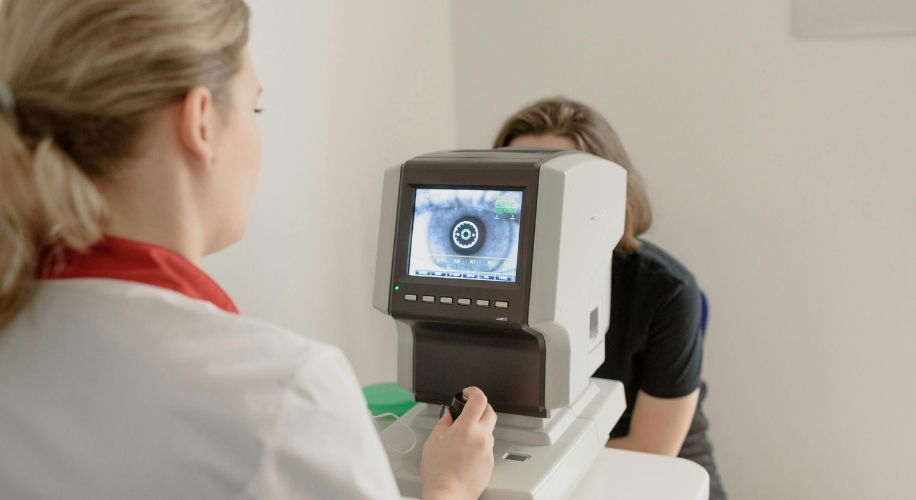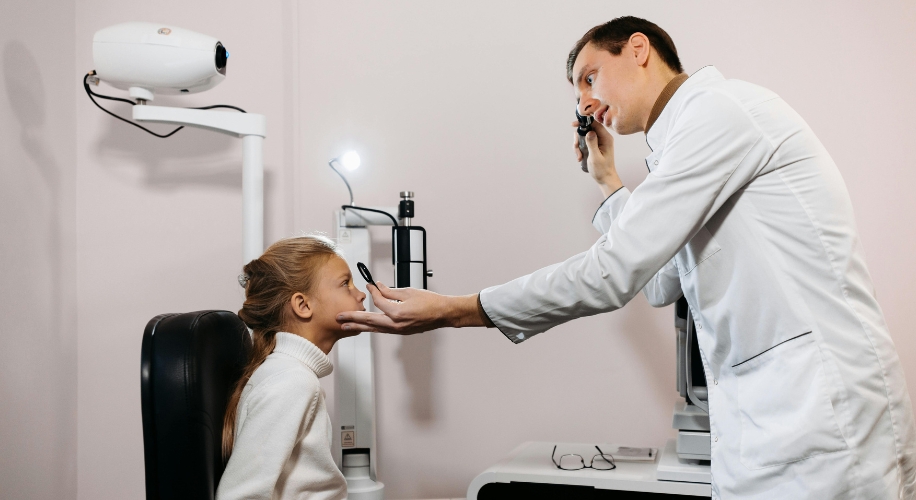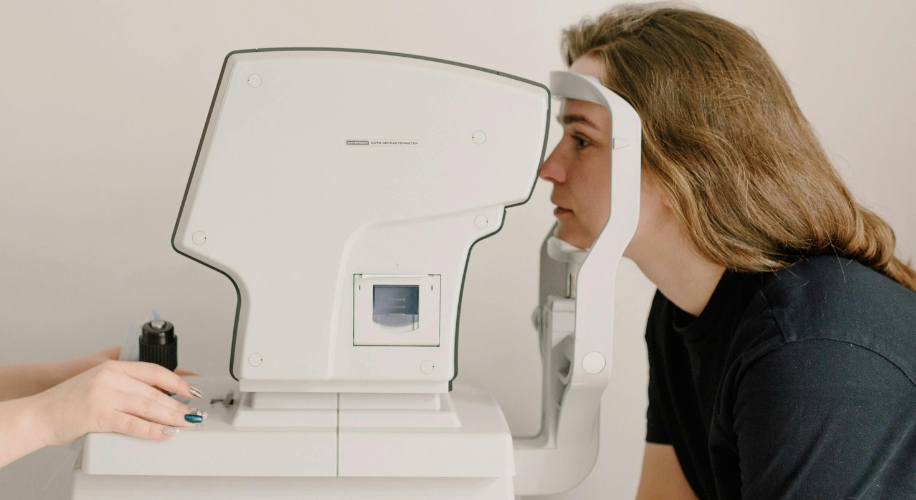Getting Ready for Your Next Eye Exam: What to Expect

Photo by Ksenia Chernaya
An eye exam is the key to maintaining excellent vision and eye health. Regular check-ups can catch potential issues early and ensure your prescription is up-to-date. Whether it’s your first eye exam or you’re a seasoned veteran, we at Zenni Optical want to help you prepare and know what to expect.
Prior to the Exam
Before your eye exam, make a list of any issues or changes you’ve noticed with your vision. Note if you’ve been experiencing symptoms like frequent headaches, blurred vision, or eye fatigue. Also, compile a list of any medications you’re currently taking as some can affect your eyes or vision. If you’re interested in trying new eyewear or updating your current prescription, make a note of that as well.
Consider Your Glasses

Photo by Pavel Danilyuk
If you wear glasses, think about how well they’re serving you. Are they comfortable and do they fit well? Does your prescription feel accurate? Consider your lifestyle and whether you might benefit from specific lens coatings, such as blue light filters for computer use.
During the Exam
Your eye care provider will start by reviewing your personal and family medical history. The exam typically includes tests for visual acuity, color perception, and depth perception. Your eye doctor will also check for signs of general health problems, such as diabetes or high blood pressure, which can affect your eyes. Equipment used during the exam might include a phoropter, which measures your prescription, and a slit lamp, used to examine the internal structures of the eye.
The Tests

Photo by Ksenia Chernaya
The eye puff test, also known as the non-contact tonometer test, measures the pressure in your eyes to screen for glaucoma. Don’t worry, while it may feel strange, it doesn’t hurt. Our astigmatism test determines whether your cornea is perfectly round or more oval-shaped, which can cause blurred vision. Lastly, your eye doctor may use dilating drops to widen your pupils and allow for a closer look at the retina and optic nerve. The dilation effect can last several hours, so you might want to arrange for a ride home.
Post-Exam
After the exam, your optical professional will discuss the results with you and answer any questions you might have. If you need glasses, you’ll receive a prescription. From there, it’s time to choose your new frames! Whether you’re interested in the latest trendy glasses or prefer a classic look, Zenni Optical has a wide selection of affordable, high-quality eyewear.
Regular eye exams are vital for maintaining your eye health and ensuring you have the best possible vision. By knowing what to expect and preparing ahead of time, you’ll make the most of your appointment.




 Canada
Canada